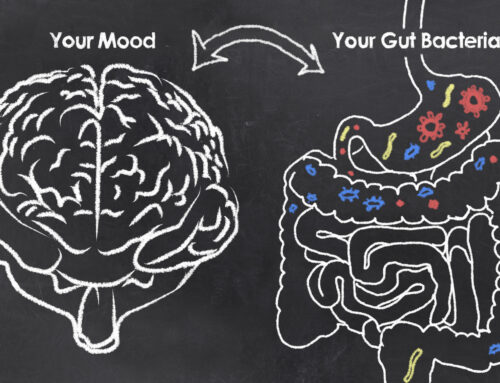Teenagers often struggle with school, extracurricular activities, social pressures, and family obligations. With such a hectic schedule, it’s no wonder that stress has become a common issue among adolescents. As parents, we must support our teens in managing their stress levels and promoting their overall well-being. Here are eleven effective ways to help your teen reduce stress:
Encourage Open Communication: Create a safe and non-judgmental environment where your teen feels comfortable expressing their thoughts and feelings. Encourage them to discuss what’s causing them stress and validate their emotions.
Teach Time Management Skills: Help your teen develop good time management habits by teaching them how to prioritize tasks, set realistic goals, and break larger projects into smaller, manageable steps. This will prevent them from feeling overwhelmed by their workload.
Promote Healthy Habits: Encourage your teen to prioritize their physical health by eating nutritious meals, exercising regularly, and maintaining a consistent sleep schedule. A healthy body can better cope with stress.
Practice Relaxation Techniques: Teach your teen relaxation techniques such as deep breathing exercises, meditation, yoga, or progressive muscle relaxation. These practices can help calm the mind and reduce feelings of anxiety.
Encourage spirituality: Spirituality can significantly promote mental health by giving individuals a sense of purpose, connection, and inner peace. It provides support and coping mechanisms for those struggling with stress, depression, anxiety, and other forms of mental health challenges. While it may not be able to replace professional mental health care, spirituality can complement therapeutic approaches. To learn more about the importance of spirituality, view our blog post
Foster Hobbies and Interests: Encourage your teen to pursue hobbies and activities they enjoy and find fulfilling. Engaging in hobbies provides a healthy outlet for stress and promotes a sense of accomplishment and joy.
Set Realistic Expectations: Help your teen set realistic expectations for themselves academically, socially, and personally. Remind them that it’s okay to make mistakes and that perfection is not attainable.
Limit Screen Time: Excessive screen time, especially on social media, can contribute to feelings of stress and anxiety in teens. Encourage your teen to take breaks from screens and engage in offline activities.
Establish a Supportive Routine: Create a consistent daily routine that includes time for homework, relaxation, socializing, and sleep. Having a predictable schedule can provide a sense of stability and reduce stress.
Encourage Positive Self-Talk: Teach your teen to challenge negative thoughts and replace them with positive affirmations. Please encourage them to practice self-compassion and remind them of their strengths and abilities.
Seek Professional Help if Needed: If your teen’s stress is persistent or significantly impacting their daily life, don’t hesitate to seek professional help from a therapist or counselor. They can provide additional support and teach coping strategies tailored to your teen’s needs.
Implementing these strategies and providing a supportive environment can help your teen effectively manage and reduce stress. Remember to lead by example and prioritize your self-care, as well. Together, you can navigate the ups and downs of adolescence and promote a healthier, happier life for your teen.







Leave A Comment